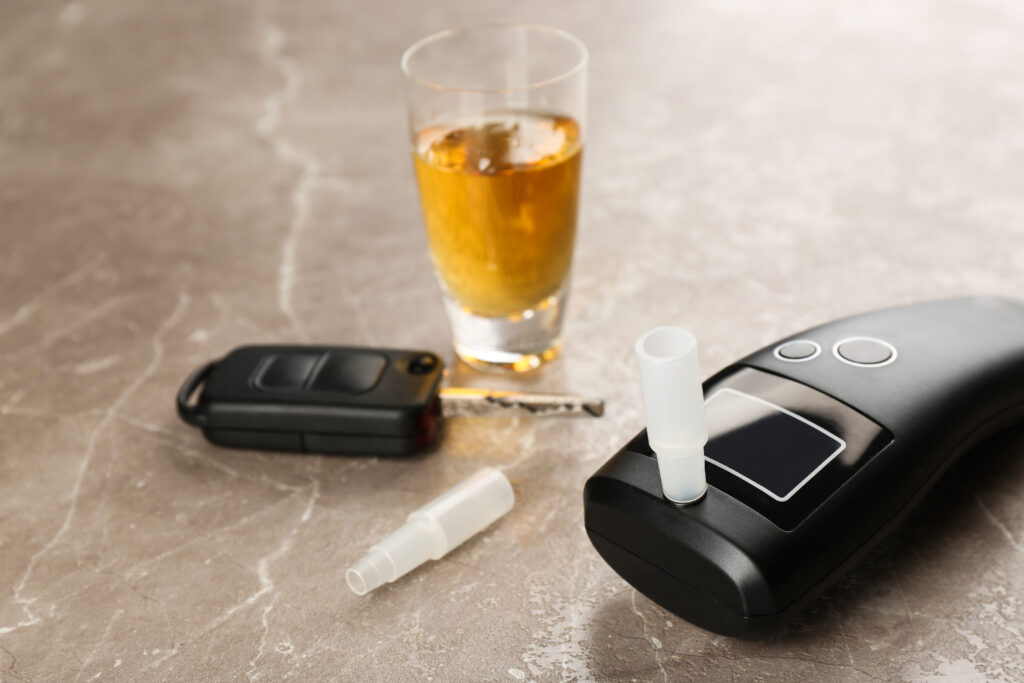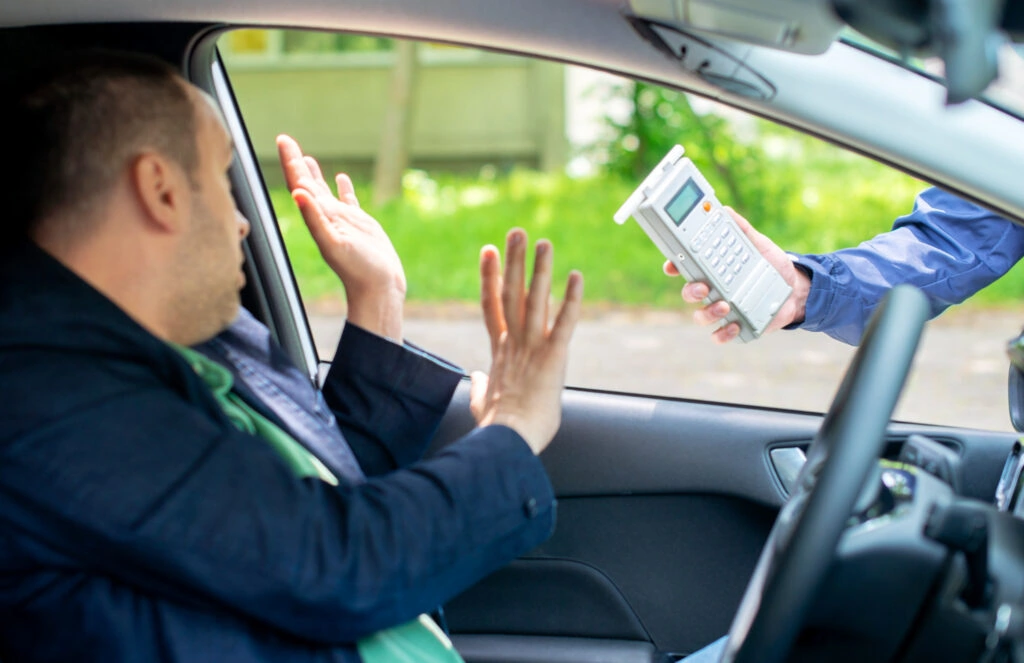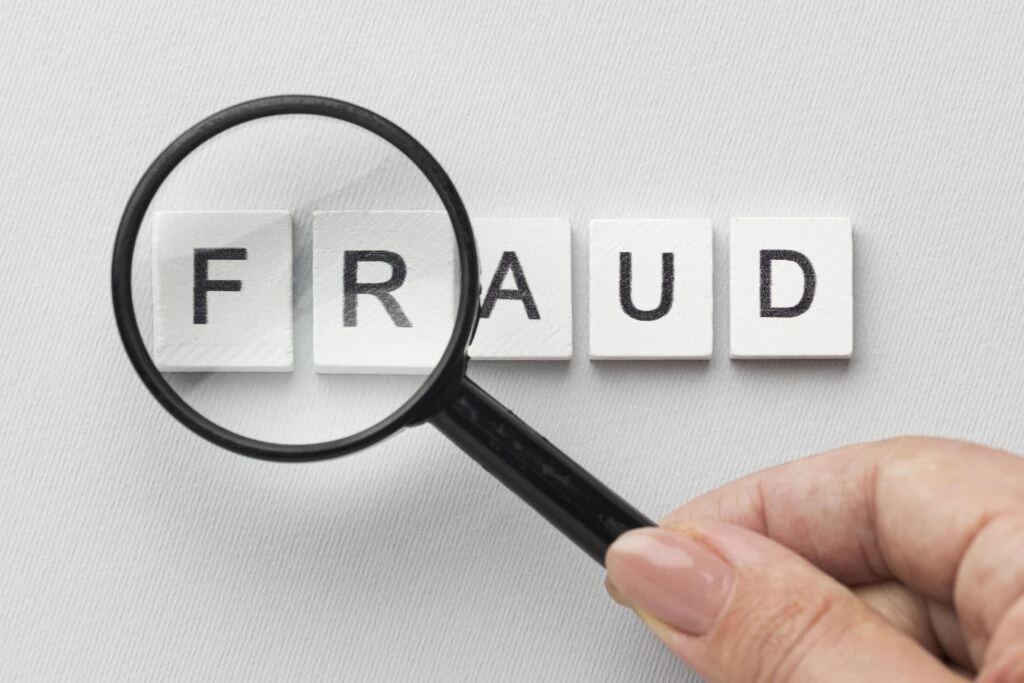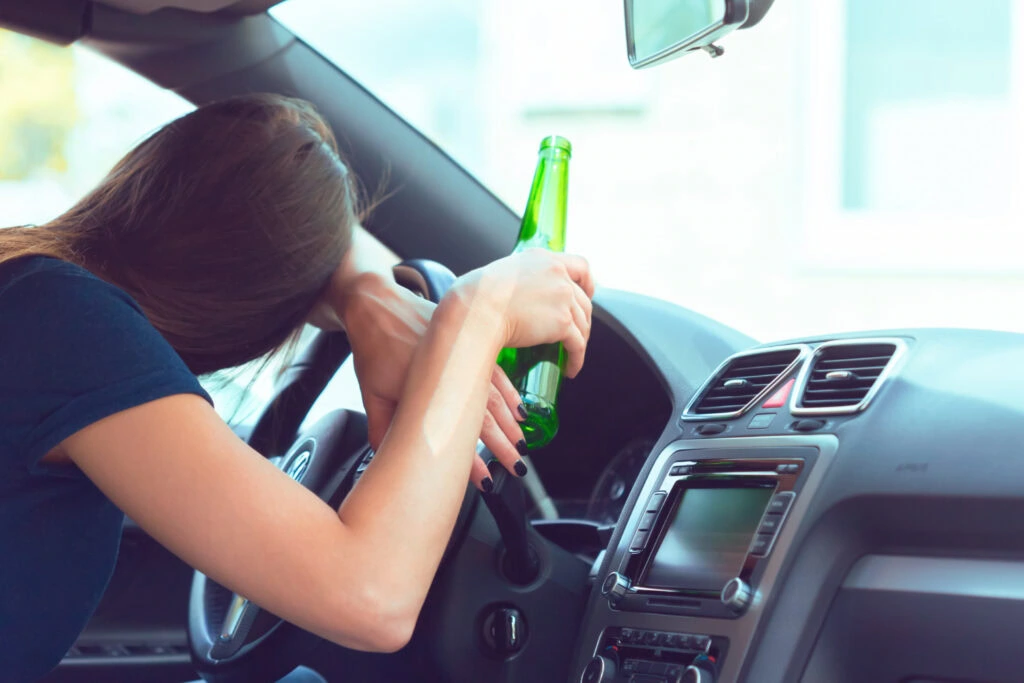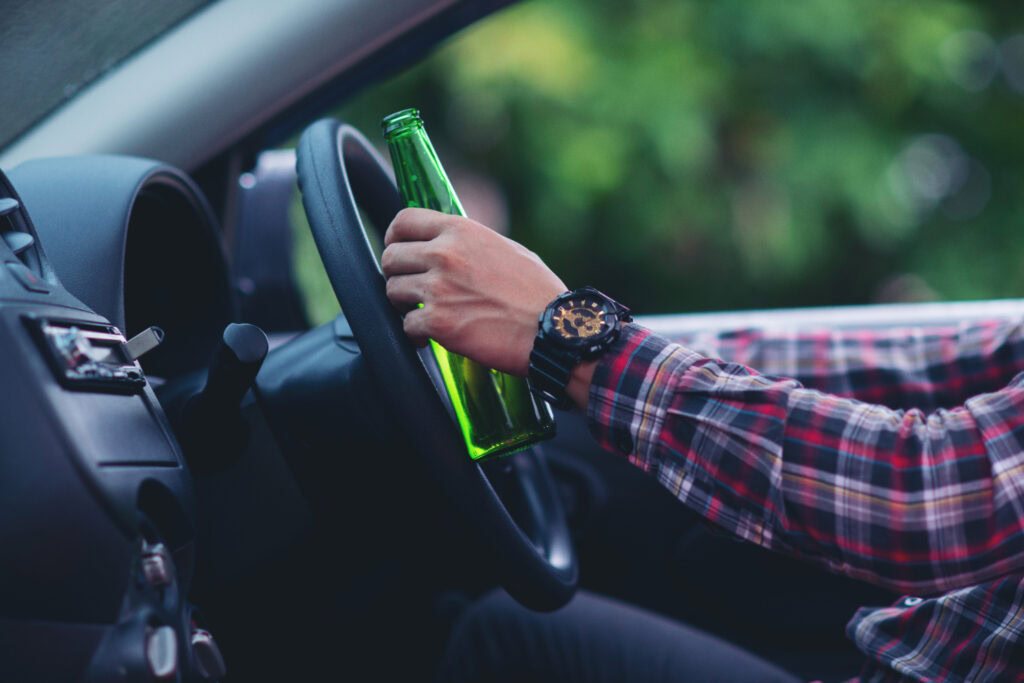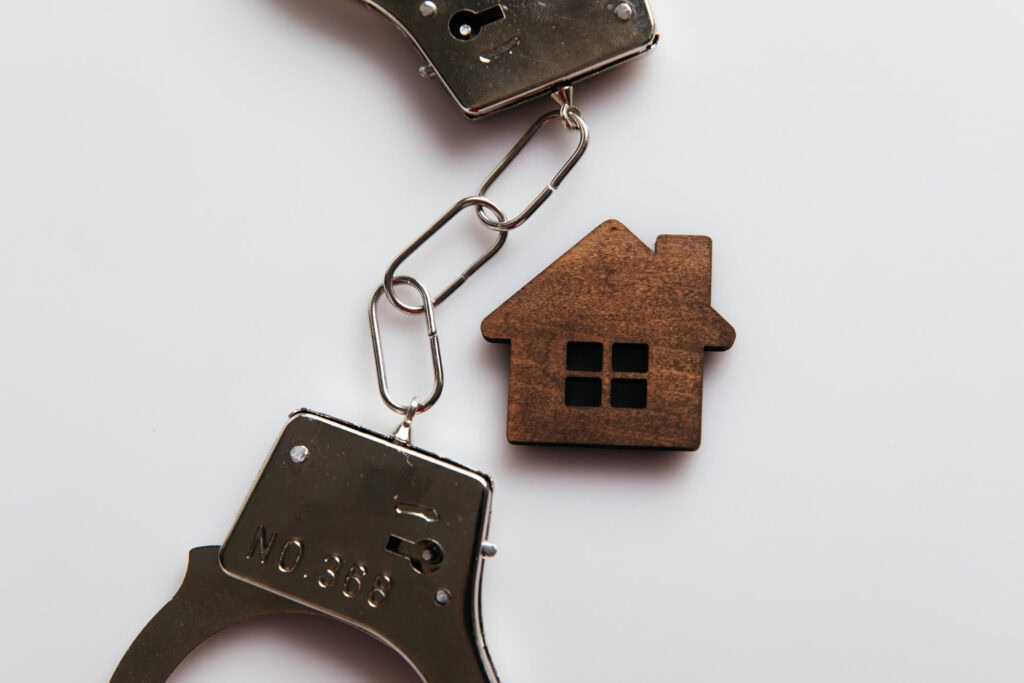Have you ever wondered, “How long does alcohol stay on your breath?” Then you’re not alone; we’ve asked the same question—did you know that it can remain for 12 to 24 hours? Our detailed research will demystify this topic, leading you through important insights like the breakdown of alcohol in the body and managing a breathalyzer test.
How Long Does Alcohol Stay on Your Breath?
Alcohol can remain on your breath for up to 12 to 24 hours, but the smell of alcohol does not necessarily mean a failed breathalyzer test or an automatic DUI arrest.
Alcohol Can Remain on Your Breath for up to 12 to 24 Hours
When you consume alcohol, it doesn’t just quickly vanish from your system. The chemicals found in alcoholic drinks stay inside our bodies much longer than we might realize. Surprisingly, traces of alcohol can linger on your breath for a long time—anywhere between 12 to 24 hours!
Although the exact time frame depends on various factors, such as your body’s metabolism and the amount consumed, this is generally the standard estimate for most people.
And remember: even if it’s no longer detectable on your breath, that doesn’t mean its effects have entirely worn off yet!
The Smell of Alcohol Does Not Necessarily Mean a Failed Breathalyzer Test
Breathalyzers are designed to measure the amount of alcohol in your bloodstream, not just the presence of its scent. So even if, after a glass of wine or a beer, the aroma lingers, it doesn’t mean you won’t be able to pass a breathalyzer test.
The important thing is that your blood alcohol content (BAC) is below the legal limit.
Accuracy matters during breathalyzer tests, and that’s why they focus on more than just smell. Breathalyzers detect and calculate BAC by examining the alcohol concentration in one’s exhaled air.
You could have residual alcohol breath without being legally drunk. It essentially boils down to how much you’ve consumed versus how efficiently your body metabolizes it all.
Having Alcohol on Your Breath Does Not Automatically Result in a DUI Arrest
Just because you have alcohol on your breath, it doesn’t automatically mean you will be arrested for DUI. Law enforcement officials make use of various tests to determine impairment.
A field sobriety test or a breathalyzer aims to detect the amount of alcohol in your system, not just the smell on your breath. You can still pass these tests even if alcohol is evident on your breath.
Having an experienced DUI defense attorney by your side can help challenge the validity and accuracy of these conducted tests during such cases.
Breakdown of Alcohol in the Body
When we consume alcohol, our bodies begin to break it down through a process called metabolism. This breakdown mainly occurs in the liver, where enzymes work to convert alcohol into substances that can be easily eliminated from the body.
Weight, gender, and overall health can affect the time it takes the body to break down the alcohol. On average, it takes about one hour for the body to eliminate one standard drink of alcohol.
During this time, some of the alcohol is excreted through the breath and sweat glands, resulting in a detectable odor on the breath. It’s important to note that even after all traces of alcohol have been metabolized by the body, it may still linger on your breath for up to 12 to 24 hours.
The Role of a Criminal Defense Attorney in DUI Cases
A criminal defense attorney plays a crucial role in DUI cases. They are responsible for representing individuals who have been charged with driving under the influence of alcohol. Their main objective is to ensure that their client’s rights are protected throughout the legal process.
They may negotiate plea deals, prepare a strong defense strategy, or represent their client in court if necessary.
Detecting Alcohol in the Body
There are different methods of detecting alcohol in the body, depending on the purpose and the time frame of the test. Some of the most common methods are:
Blood Alcohol Test
This test determines the proportion of alcohol in a blood sample. It is usually done by drawing blood from a vein and sending it to a lab for analysis. This test can show the level of intoxication and is often used for legal reasons, such as testing if someone was driving under the influence of alcohol 12. The results of a blood alcohol test can take several days or weeks to be available.
Breathalyzer Test
This test detects the presence of alcohol in the breath. It is usually done by blowing into a device that calculates the BAC based on the breath sample. This test can show the presence of alcohol and is often used for roadside testing or screening 12. The results of a breathalyzer test are available immediately.
Urine Test
The presence of alcohol or its metabolites (byproducts) in the urine is detected by this test. It is usually done by collecting a urine sample and using a dipstick or a strip that changes color when exposed to alcohol or its metabolites. This test can show recent alcohol use and is often used for monitoring or screening 134. The results of a urine test are available within minutes.
Saliva Test
The presence of alcohol or its metabolites in the saliva is detected by this test. It is usually done by swabbing the inside of the mouth and using a device that analyzes the saliva sample. This test can show recent alcohol use and is often used for workplace testing or screening 13. The results of a saliva test are available within minutes.
Managing Alcohol Breath and Breathalyzer Tests
To manage alcohol breath and navigate breathalyzer tests, knowing the answer to the question, “How long does alcohol stay on your breath?” as well as keeping the following tips in mind are important.
Tips on Getting Rid of Alcohol Breath
To combat alcohol breath, there are a few tips you can follow.
- First, make sure to brush your teeth and use mouthwash to freshen your breath.
- Chewing on mint or gum can also help mask the smell of alcohol.
- Drinking water or eating something like bread can help dilute the alcohol in your system and reduce the odor on your breath.
- Lastly, avoid smoking, as it can exacerbate the smell of alcohol on your breath.
By following these simple tips, you can minimize the impact of alcohol breath and feel more confident in social situations.
Understanding the Process of an Alcohol Breath Test
During an alcohol breath test, a person’s breath is analyzed to determine their blood alcohol content (BAC). The process involves blowing into a device called a breathalyzer, which detects and measures the amount of alcohol present in the breath.
This measurement reflects the level of alcohol in the bloodstream. Breathalyzer tests are commonly used by law enforcement to determine if someone is driving under the influence (DUI) of alcohol.
It’s important to understand how these tests work and what they entail, as they can have serious legal consequences.
The Importance of Playing It Safe and Avoiding Drunk Driving
We cannot stress enough the importance of playing it safe and avoiding drunk driving. Consuming alcohol impairs your judgment, reflexes, and coordination, increasing the likelihood of accidents on the road.
Driving under the influence not only puts your own life at risk but also endangers the lives of innocent people around you. It is crucial to make responsible choices and find alternate modes of transportation if you have been drinking.
Prioritizing safety can prevent devastating consequences and ensure a safer community for everyone.
Conclusion
In conclusion, having the answer to the question, “How long does alcohol stay on your breath?” is important for both personal awareness and legal implications. By being knowledgeable about the detection period of alcohol in the body, managing alcohol breath and avoiding drunk driving becomes easier.
If you need assistance with your DUI case, don’t hesitate to contact David L. Faulkner at Bakersfield Criminal Defense Attorney for help today! With his expertise as a criminal defense attorney, he can provide the legal guidance and representation you need.


